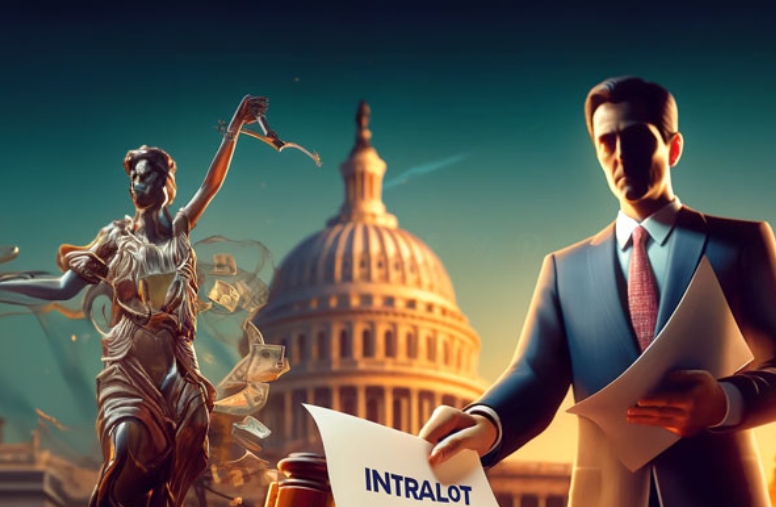Washington D.C. Attorney General Brian Schwalb is intensifying scrutiny of Intralot, a Greek company behind the city's sports betting operations, demanding key documents as part of a broader investigation into the management of the city's sports betting contract. This inquiry comes as the contract nears expiration amid allegations that the company has failed to fulfill its contractual obligations, which have been controversial since being signed five years ago.
Intralot has been criticized for poor management of sports betting services, affecting not only expected revenue but also raising concerns about unmet contractual promises. Specifically, Intralot is accused of not adhering to the district's Certified Business Enterprise requirements, which mandate significant local small business participation in major contracts.
According to the Washington City Paper, recent court documents indicate that the investigation by Schwalb's office aims to directly address these issues. These documents suggest that the focus of the investigation is on potential violations of "False Claims" laws, which involve entities seeking compensation from the government for incomplete or substandard work. Given Intralot's key role in D.C.'s sports betting and lottery operations, the outcome of this investigation could significantly impact the company's future in the U.S.
While Intralot also manages D.C.'s traditional lottery system, these operations have not been scrutinized to the same extent. However, the sports betting operations managed by Intralot subcontractors have been problematic from the start, ranging from poor system performance to non-compliance with local business participation rules. Despite these challenges, Intralot was granted a one-year contract renewal last month worth $39 million, although the future beyond this period remains uncertain.
Open Market Approval
The D.C. Council recently decided to open the market to private sports betting companies, marking a significant shift in the city's approach to sports betting, moving away from the monopoly model pushed by Intralot. This change could alleviate some of the operational issues under Intralot's management.
Attorney General Schwalb's request for documents from Intralot is part of a broader effort to ensure accountability and transparency in public contracts, particularly in sensitive areas such as gambling and betting. The sealed nature of the court documents and the refusal of the Attorney General's office to comment add a layer of complexity and intrigue to the ongoing litigation.
As the city gradually moves away from Intralot's services, the outcome of this investigation is crucial for shaping the future landscape of sports betting in Washington D.C. The results will also serve as an important assessment of how public contract management and regulatory oversight are implemented in practice. This case may also set a precedent for other jurisdictions dealing with similar contracts, becoming a significant landmark in both the gambling and legal industries.










